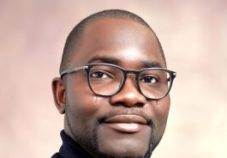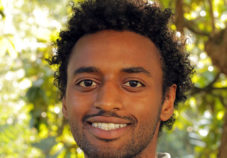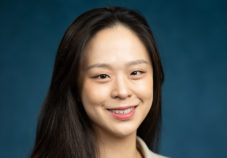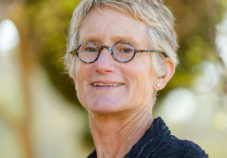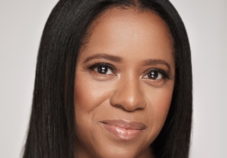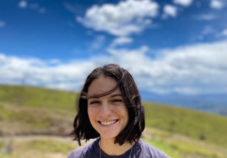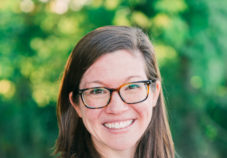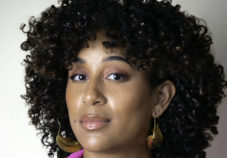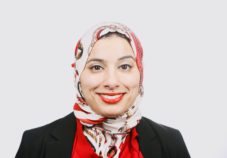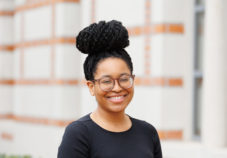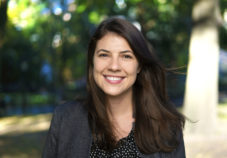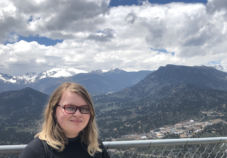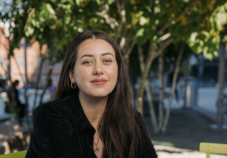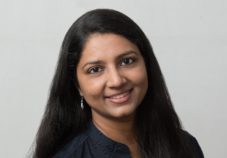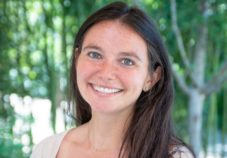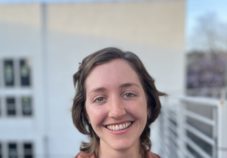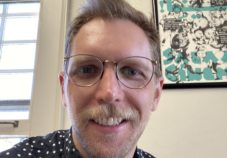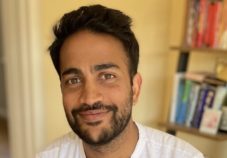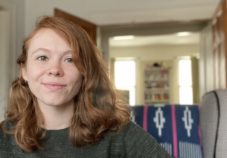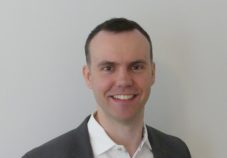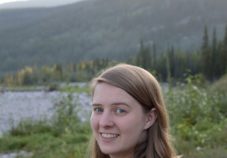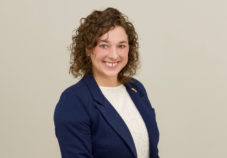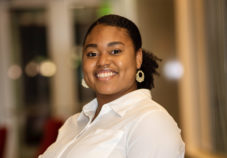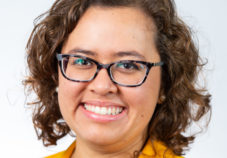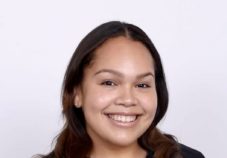
Luyi Adesanya
Title
Doris Duke Racial Equity in Clinical Equations Civic Science Fellow at Universities Allied for Essential Medicines
Year
2024
Project focus: Doris Duke Racial Equity in Clinical Equations Civic Science Fellows will work to increase visibility and prioritization to develop a more rigorous approach to how race is applied and understood in the design of clinical algorithms and the assessments they inform.
As a daughter of immigrants from Nigeria and Germany, Luyi Adesanya is interested in the intersection of public health, healthcare management, civic engagement, and health policy on an international sector. Having completed her undergraduate degree at The University of Chicago and having worked at the National Institutes of Health prior to completing her graduate school training at Washington University in St. Louis, she is a leader in the field and is dedicated to improving health outcomes for marginalized and under-represented communities, both domestically and abroad. She is an emerging leader within the public health and health equity landscape. Luyi is excited for the opportunity to be a 2024 Civic Science Fellow with her host partner Universities Allied for Essential Medicines. With her humility and kindness, Luyi continues to be proactive in service and civic engagement throughout her community and she continues to be inspired by aspiring others from marginalized backgrounds of which she represents.
